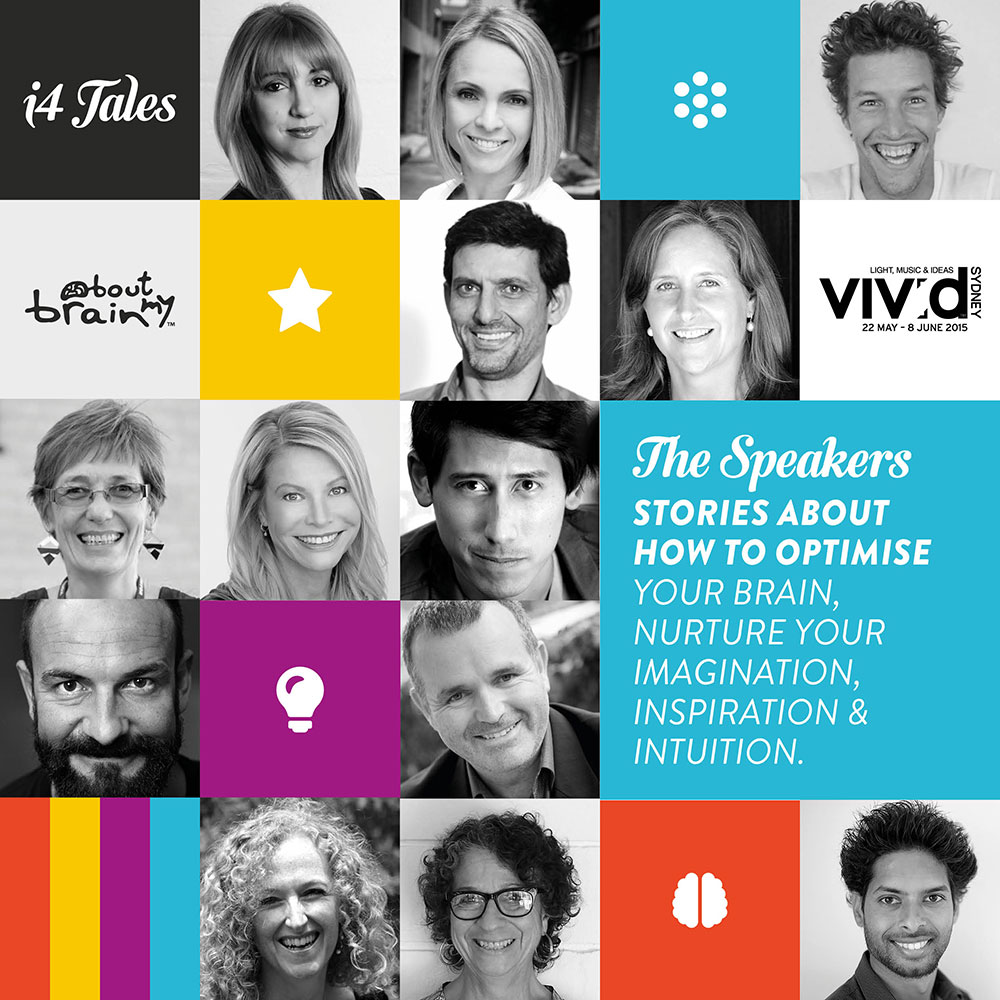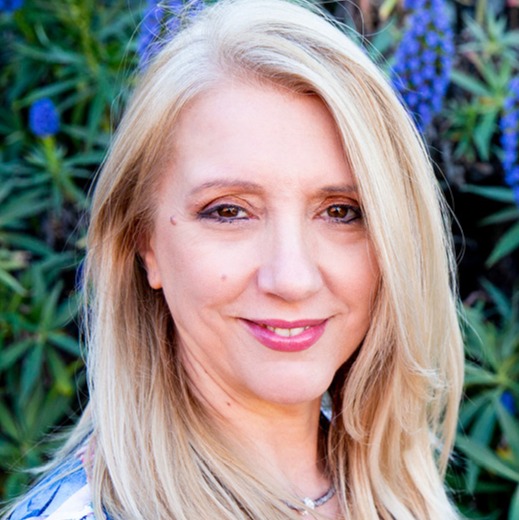
When we think of collaboration, we know it involves the coming together of two or more people to do work, undertake a project or achieve a common goal, but often we overlook that it is also where an exchange of energy, words and thoughts start.
This collaborative exchange swiftly evolves into new attitudes and behaviours, thus creating what is usually known as “culture”, which for many years, has been defined as ‘the way we do things’ and is a very common expression used by management consultants and organisations around the world.
Many different models and evaluations have been used to understand and measure the effectiveness of the culture attributed to a group with the purpose of finding out what works and what doesn’t, and re-aligning if necessary.
The majority of these frameworks however, have focused solely on behaviours, ignoring the fact that behaviours are driven by what is happening inside our skulls, or to be more precise - our brains.
If we look at culture as a collection of brains working together, making decisions and influencing one another, we could easily reach the conclusion that if the individual brains are not operating optimally, the behaviours that will arise may lead to the development of toxic, disengaging and unproductive environments.
Thanks to the discoveries in the field of neuroscience, we now know that the health of our brain determines the health of our relationships (both personally and professionally).
The meaning behind this term involves understanding the relationship between our brain and our behaviours, and being willing to action new knowledge in order to improve how we interact with one another and deal with busy and stressful work environments - a skill that would be beneficial across the globe.
In collaboration with Vivid Ideas Sydney, our upcoming  event will involve the exploration of the
event will involve the exploration of the  , including the four key competencies: performance, collaboration, innovation and agility, and the underpinning pillars that make up each competency, from the perspective of the brain.
, including the four key competencies: performance, collaboration, innovation and agility, and the underpinning pillars that make up each competency, from the perspective of the brain.
Join our incredible team of inspiring, thought-provoking speakers and experts who will lead us on a journey of discovery and exploration as we unravel the secrets behind improving culture and increasing productivity, engagement and balance in today’s workplaces.
These Stories on Our News

Founder & CEO
About my Brain Institute
Scientist, educator, author, speaker, coach, award-winning leadership specialist, filmmaker and creator of the i4 Neuroleader Model & Methodology.
Silvia's scientific background and curiosity about the human brain led her to a decade long journey of research into optimal brain functioning and the application of neuroscience in leadership and daily life. Her past and current roles have uniquely prepared her for the current undertaking, that of leadership activist & change agent.
Silvia Damiano founded The About my Brain Institute in 2009, with the purpose of democratising leadership & neuroscience. She has a passionately held belief, that leaders in our 21st century global economy and their organisations must radically change long-held ideas of what constitutes effective leadership
In her ground-breaking books ‘Leadership is Upside Down’, ‘Brain-Friendly Leadership’ and the 2018 documentary ‘Make Me A Leader’, Silvia provides both compelling evidence and explores the importance of leadership in our personal and professional lives and what it takes to develop the human behind the leader.
Silvia has worked in different countries, across many industries, helping teams and organisations improve business performance. Silvia’s clients have described her as a passionate, dynamic, a highly experienced speaker and master facilitator on the topics of Emotional Intelligence, Cultural Change, Neuroleadership & Engagement.
Silvia is passionate about leaving a legacy of well-rounded leaders who can act and decide in a way that better serves humanity. Her clients include Microsoft, Australian Stock Exchange, NSW Government, VISA, Fuji Xerox and Manpower amongst many other global companies.
Monday to Friday
9:00am - 5:00pm (AEST)
Sydney, Australia
We reply within 48 hours!
General Business Enquiries:
hello@aboutmybrain.com
Technical Support:
support@aboutmybrain.com
No Comments Yet
Let us know what you think